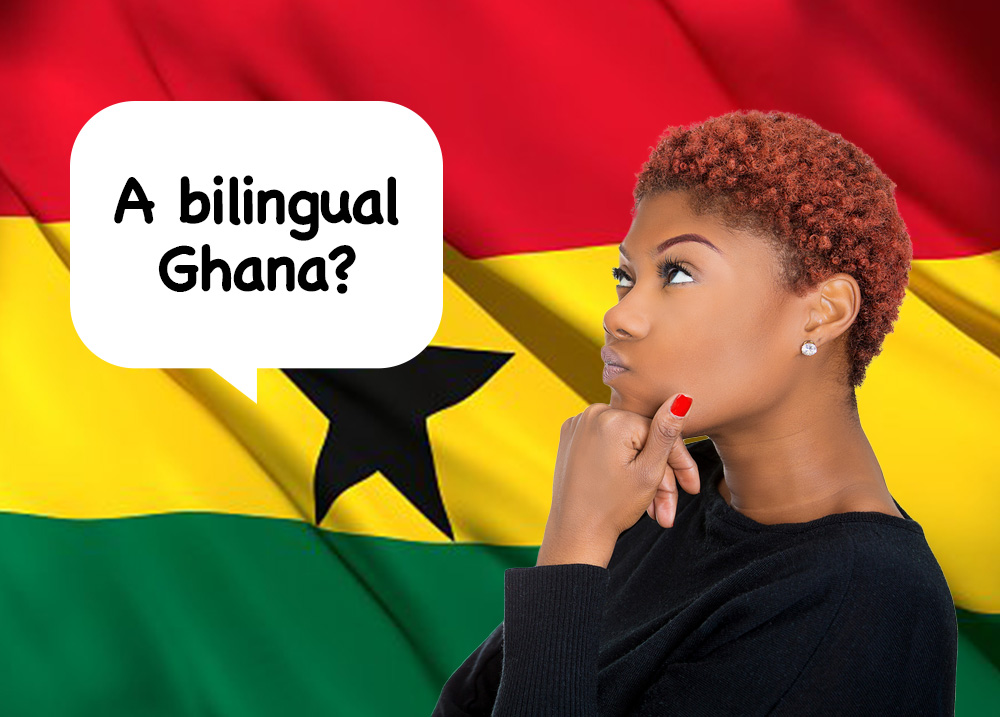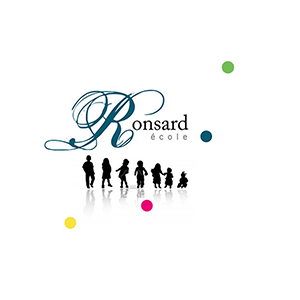Learning French- My Public School Experience Vs Two Months In Ecole Ronsard
Learning French- My Public School Experience Vs Two Months In Ecole Ronsard
The first time I walked through the gates of Ecole Ronsard Bilingual School, I felt like a cockroach amid fowls.
The serene environment coupled with welcoming faces worked no magic on me. I was on pins and needles throughout that day, forcing a nerve-racking smile at calculated intervals.
I knew no one was out to get me but for someone like me, being in an environment where French is spoken as a first language was a colossal mistake.
I mean after seven years of French in a public school, the only meaningful conversation I can string does not go beyond the exchange of pleasantries.
Aside from “Bonjour, Comment ça va? “Ça va bien, et toi? I am an absolute liability when it comes to the language.
Before accepting the creative writer’s position, I created horrid scenarios in my head; I assumed students were subjected to an insufferable fate considering the one fact that, 40% of all lessons here are taught in French.
And why won’t I? Whereas, I was taught French as a single subject, literally beaten into me, the reality here is the language is used to teach other subjects.
It was imperative to ask if students had relevant comprehension of those subjects and if this system was efficient and effectively instituted.
The truth is, I felt sorry for them, feeding on my bitter nostalgia of French as a yardstick to measure the depth of their collective torment.
It’s been a month and each passing day, I am presented with undeniable evidence that a student having free-flowing communication in French is not far-fetched.
Per my keen observation, French transcends a subject in this school as it is woven into the lives of the students regardless of their lingual background.
Unlike myself and numerous others from public schools who only had a maximum of 45 minutes of French lesson time once every week, students here are privileged to engage in French just like any other local parlance.
I mince no words when I say my experienced sucked— there was nothing benign about the subject and teachers had this penchant for being unnecessarily callous and mean

With other classes to teach and a syllabus to complete, a typical public school French teacher is preconditioned to be triggered by the least provocation.
The thing is, these teachers hasten through the subject, which is not entirely their fault. I mean, a single teacher could be responsible for the entire school, from classes 3 to JHS 3.
He most certainly comes to class stressed and worn out with no time to cuddle anyone’s fear, wedging off assurance that your inability to simply conjugate the verb Avoir would land some hot zebra stripes at your back or butt.
Luckily for students here, each class has a designated French teacher, unburdened and approachable, who communicates with them in French making it easier for its fluency.
My earliest recollection of conversations while in school was monosyllabic, predominantly starting with bonjour and ending with et vous.
Additionally, there is an easy flowing of the language because some of the students have francophone parents which afford them the luxury of having French as their first language.
This casts a wider net of French-speaking people in the setting, making it nearly unchallenging for other students to effortlessly integrate and familiarize themselves with the language aside from what is taught in class.
Learning French and for that matter any language at all is strenuous. It requires effort, consistency, zeal and continuous practice which were non-existing in the public school system and not in my house with unilingual parents who have not fully grasped the relevance of the language to start with.
Whichever form a student comes here; there is a bespoke means formulated to serve their French-speaking needs with the language immersion approach.
With this, English becomes the first language for students with a francophone background and french as a first language for students with no francophone background and other country nationals.
This is to help students familiarize themselves with sounds, intonations and the general rhythm of the respective languages.





